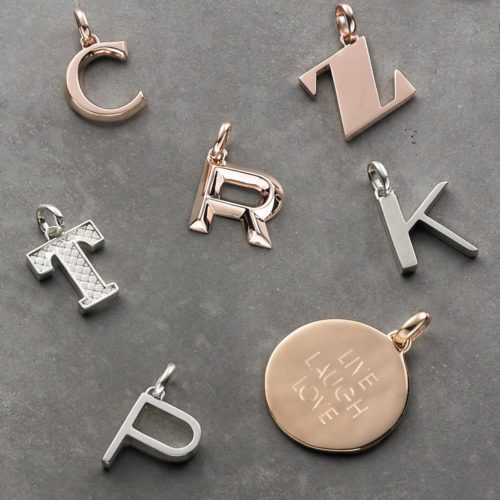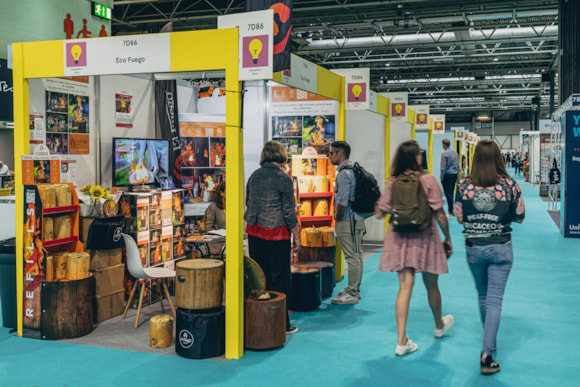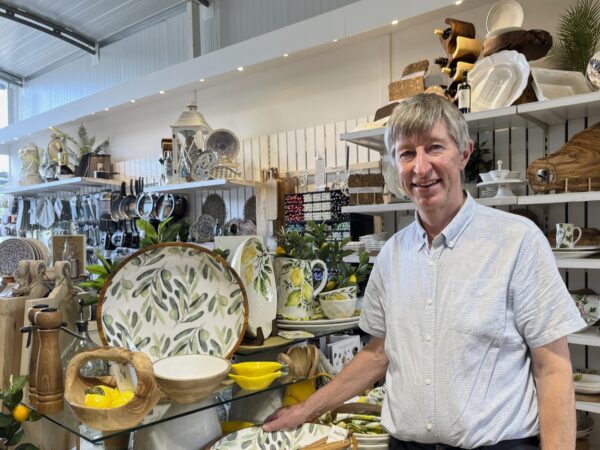 2017 has been a transformative year for retail as dozens of industry giants, including Toys’R’Us, Debenhams and Mothercare, cut down their physical presence on the high street to focus more on their digital offering.
2017 has been a transformative year for retail as dozens of industry giants, including Toys’R’Us, Debenhams and Mothercare, cut down their physical presence on the high street to focus more on their digital offering.
As the year draws to a close, retailers are busy gearing up for what is set to be another year of drastic change according to venture capitalists, Beringea, which asserts that these changes are happening as a result of a technological developments that are reshaping how consumers want to shop.
Beringea chief investment officer, Karen McCormick, takes a look at what 2018 will hold for the retail sector, pinpointing the four key themes of personalisation, robotics/AI, drones and immersive reality (VR/AR). On the subject of personalisation, so important to the gift and home industry, she says:
“‘People who bought this, also liked…’ is a phrase that annoys me to no end, for two reasons. Firstly, I hate feeling profiled based on a single purchase. Secondly, because it works so damn well. I estimate I buy about 30% of the time based on the recommendation. Given how well this simple yet poorly informed technique works, imagine how much power lies in truly informed, personalised recommendations? Retailers today leverage data from across the omnichannel to try and provide a more seamless and personal experience for customers that increases conversion, repeat purchases and loyalty.
 “Recently though, personalisation has started to reach new heights. It’s a well known fact that retailers are feeling the squeeze – particularly with big brands like Debenhams, Marks & Spencer and even Macy’s all reporting declining sales figures. But while retailers providing a range of products available via other channels – and getting into price wars with the likes of Amazon – are struggling, those providing highly differentiated products or services unique to them are excelling.
“Recently though, personalisation has started to reach new heights. It’s a well known fact that retailers are feeling the squeeze – particularly with big brands like Debenhams, Marks & Spencer and even Macy’s all reporting declining sales figures. But while retailers providing a range of products available via other channels – and getting into price wars with the likes of Amazon – are struggling, those providing highly differentiated products or services unique to them are excelling.
“From a product point of view, there has been a rise in companies like My 1st Years and Monica Vinader offering high quality personalised products on demand, with little or no wait. These companies are developing their own technology to make personalisation of products faster – offering on the spot customisation or next day delivery – and more affordable.
 “On the services front, we’re also seeing an increasing amount of ‘stylist’ retailers like Stitch Fix in the US (which just IPOd at $1.4bn) and Thread in the UK. These companies ask customers to spend a short amount of time answering questions about their style preferences, and then make recommendations on products they might like. This is something that we have seen various retailers mimic with their own technology, taking on the role of expert / adviser to differentiate their service. Beauty retailers Sephora and H&M have both launched chatbots on social media channels this year which offer similar services.
“On the services front, we’re also seeing an increasing amount of ‘stylist’ retailers like Stitch Fix in the US (which just IPOd at $1.4bn) and Thread in the UK. These companies ask customers to spend a short amount of time answering questions about their style preferences, and then make recommendations on products they might like. This is something that we have seen various retailers mimic with their own technology, taking on the role of expert / adviser to differentiate their service. Beauty retailers Sephora and H&M have both launched chatbots on social media channels this year which offer similar services.
“As investors, most of the retail businesses we see already have some sort of personalisation or guided shopping strategy, which means the larger retailers need to be thinking about this. There are a growing number of guided selling technology solutions, such as Smart Assistant, available on the market, and the integration of machine learning and artificial intelligence will only make them more effective. Ultimately, it is this type of time saving and personalised service that helps retailers remain in control of the relationship with customers across a range of channels.”
On the topical subject of robots and artificial intelligence, the verdict is: “There’s no doubt that robots will continue to impact the retail industry in years and decades to comes, whether in physical or virtual form,” whilst “Mobile continues to a driving force for retail revenue. On cyber weekend last year, 64 per cent of all purchases took place on mobile devices, with 74 per cent of shopping searches also made via mobile (according to data from ChannelAdvisor). Mobile is now also driving new realities for retail – Augmented and Virtual Reality.
 The real impact of drones in delivery, however, will not be felt for some time although it is a significant driver for change. “In the immediate future, we’re more likely to see retailers using drones in similar ways to the commercial real estate industry. The next decade will likely see retailers using drones to secure warehouses and store parametres with video. Site selection and construction management is another way that retailers may use drones.”
The real impact of drones in delivery, however, will not be felt for some time although it is a significant driver for change. “In the immediate future, we’re more likely to see retailers using drones in similar ways to the commercial real estate industry. The next decade will likely see retailers using drones to secure warehouses and store parametres with video. Site selection and construction management is another way that retailers may use drones.”
Images from top to bottom: Monica Vinander, My First Years, Monica Vinander, Personalised Memento Company.


















